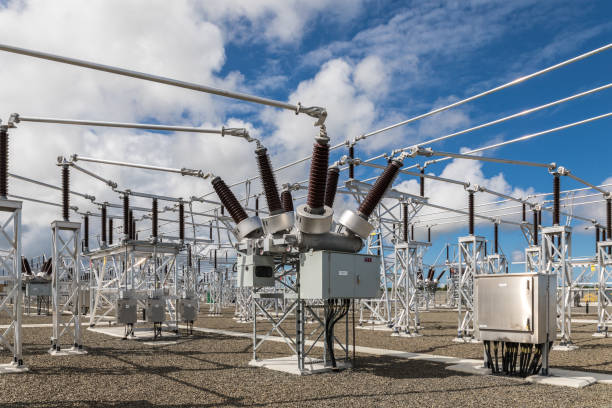ABUJA-A day after the power grid collapsed for the second time this year, the Federal Government has disclosed that as part of the overall reform of the sector, the Transmission Company of Nigeria, TCN, would be unbundled into two distinct entities.
The government admitted that TCN, which is responsible for managing the national power grid as well as delivering bulk electricity to distribution companies and eligible customers, has been identified as the weakest segment in the Nigerian Electricity Supply Industry, NESI.
Speaking in Abuja yesterday at the opening of a Ministerial Retreat organized by the Federal Ministry of Power, the Minister of Power, Chief Adebayo Adelabu said TCN would be restructured to become the Independent System Operator, ISO and the Transmission Service Provider, TSP.
The three-day retreat has the theme: The integrated national electricity policy and strategic implementation plan: Navigating and aligning on the path to enhanced electricity reliability.
Chief Adelabu explained that the restructuring must synchronise with the evolving landscape of State Electricity Markets, addressing calls for the decentralisation of the national grid into regional grids interconnected by a new higher voltage national or super-grid.
He observed that the goals of the reforms introduced by the government to improve power supply have largely remained unmet, urging stakeholders and operators to renew their efforts to ensure that these were achieved.
Adelabu expressed regret over the second power grid crash on Monday, explaining that it happened for a few hours and “was operational again. It was not due to strategic faults in the grid. Immediately it collapsed, our people swung into action and made sure the grid was restored”.
NERC projects N1.6trn subsidy in 2024
In his presentation, the Chairman, Nigerian Electricity Regulatory Commission, NERC, Engr. Sanusi Garba disclosed that without a cost reflective tariff the government would have to pay about N1.6 trillion to subsidize electricity tariff shortfall in 2024.
He explained that inflation and the Federal Government decision to unify the official foreign exchange market have pushed cost reflective tariff to N124/kWh from the subsidised N73/kWh charged to Band-A customers, adding that this year alone, subsidy is expected to top the N600 billion mark.
He disclosed that the financial burden due to tariff subsidies between 2015 and 2022 stood at N2.8 trillion, adding that it was imperative that the government supports the review of end user tariff to minimize fiscal burden in the sector.
He therefore proposed the implementation of an automatic monthly tariff adjustment to manage volatilities in foreign exchange and inflation.
SOURCE: VANGUARD











